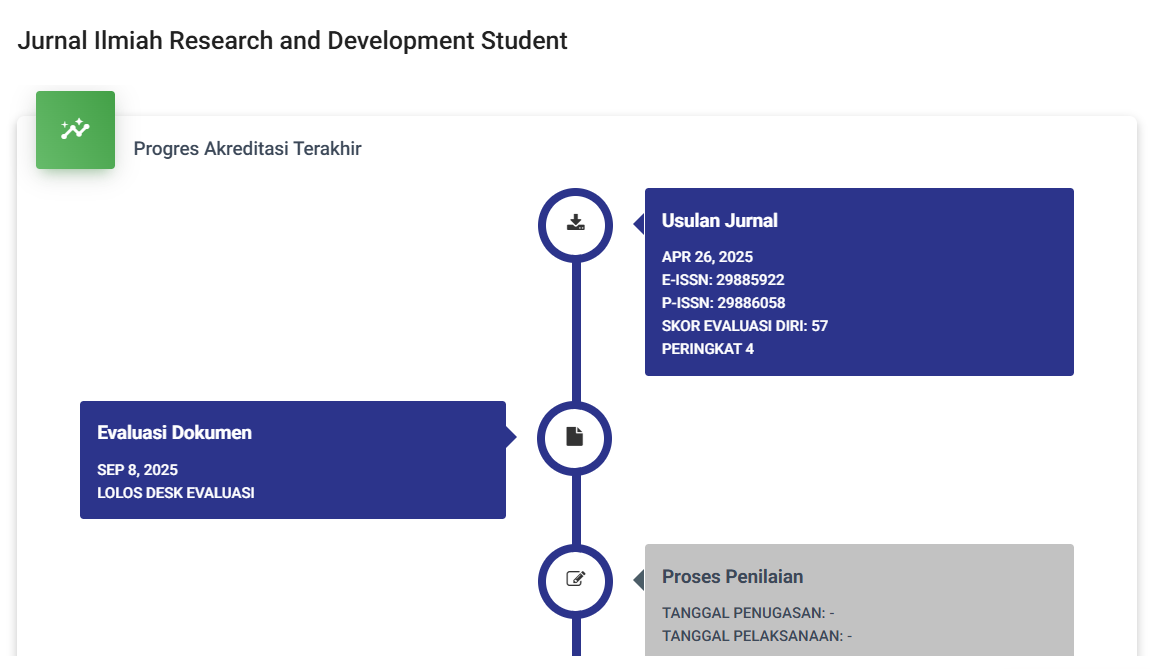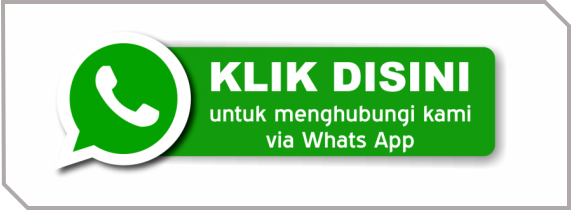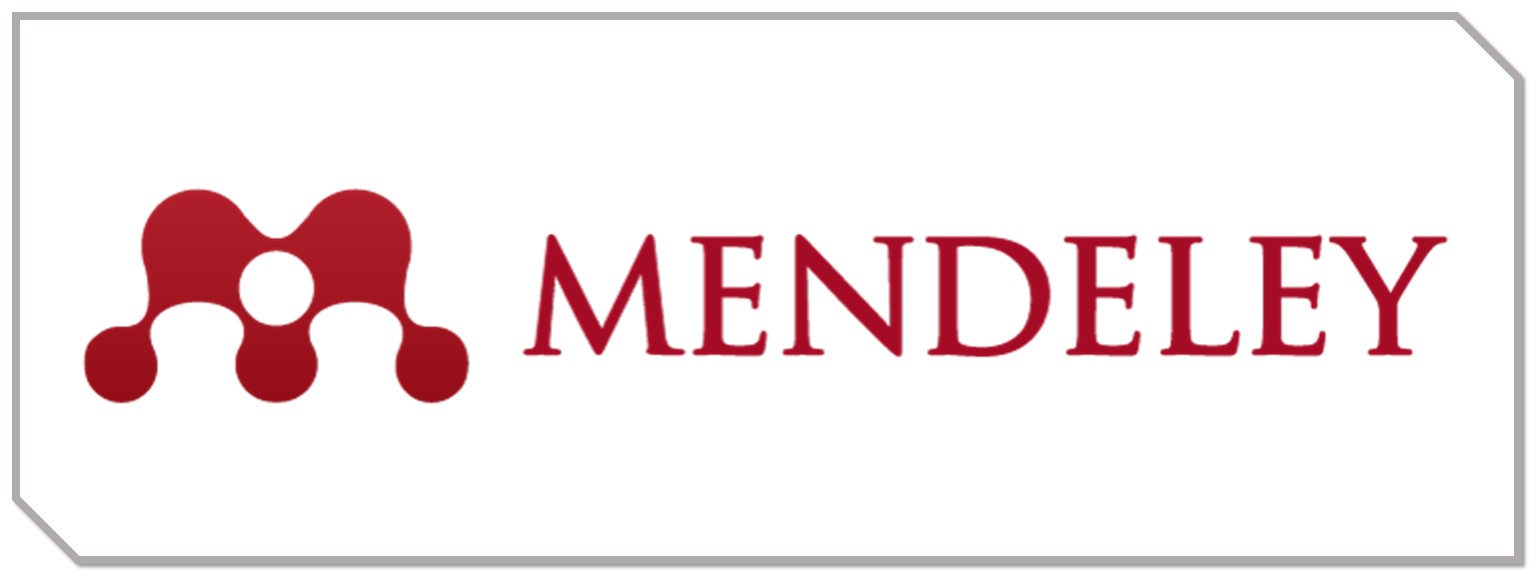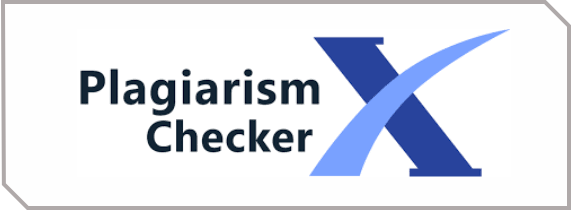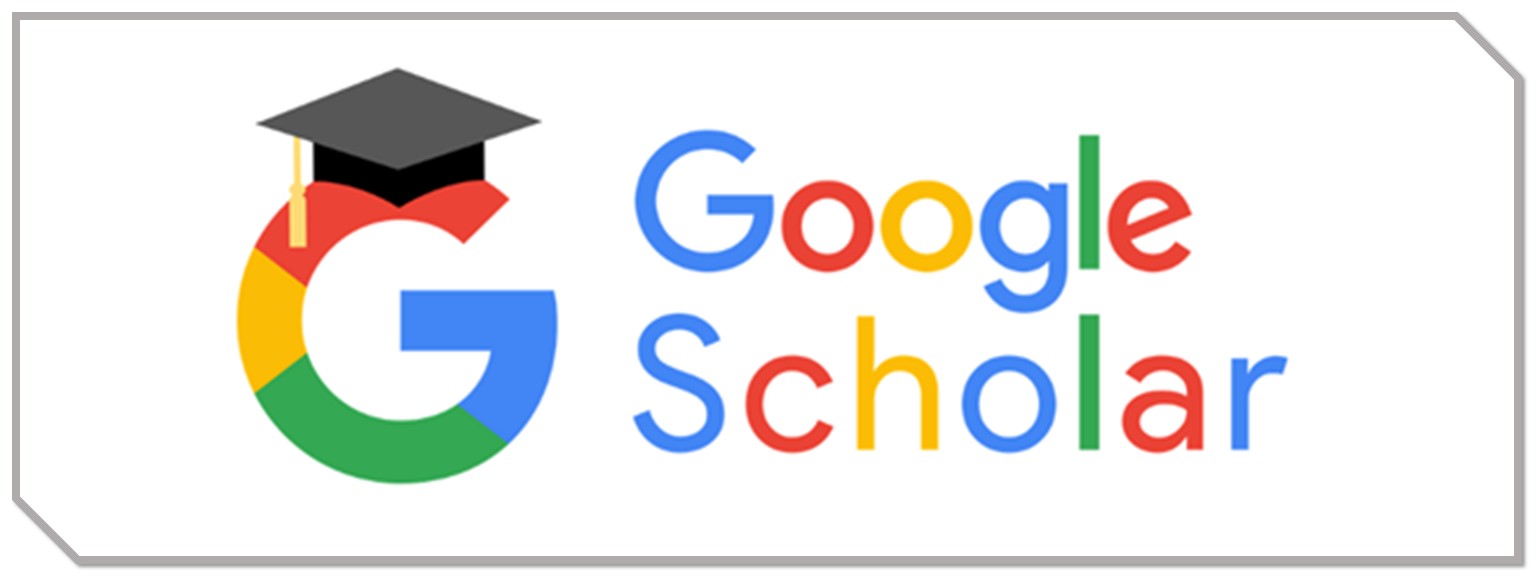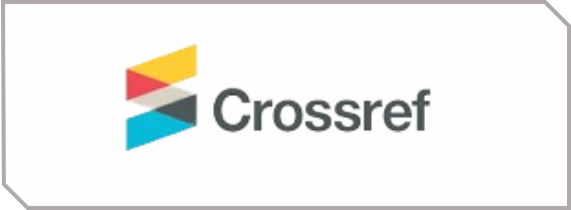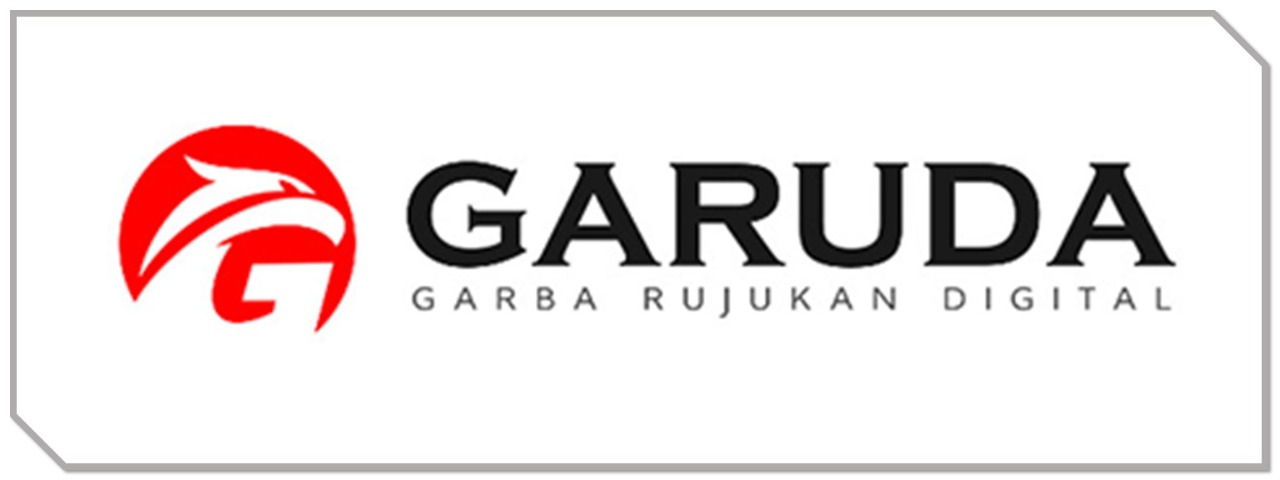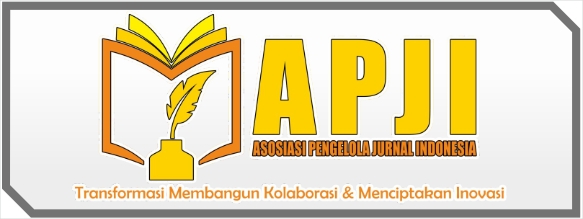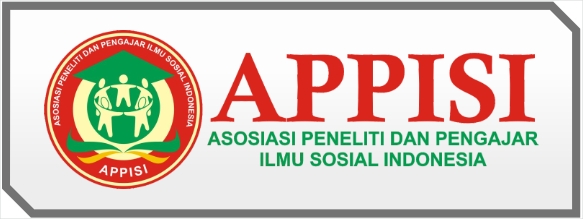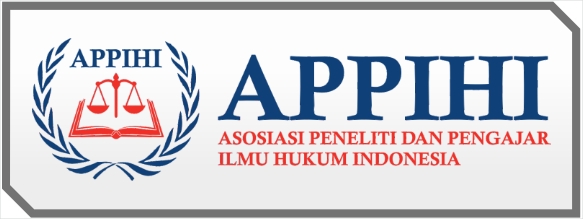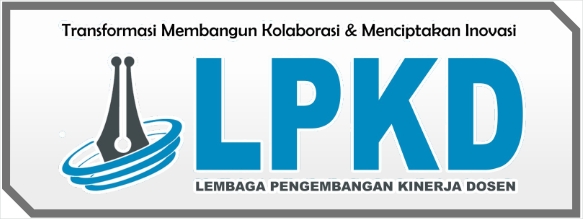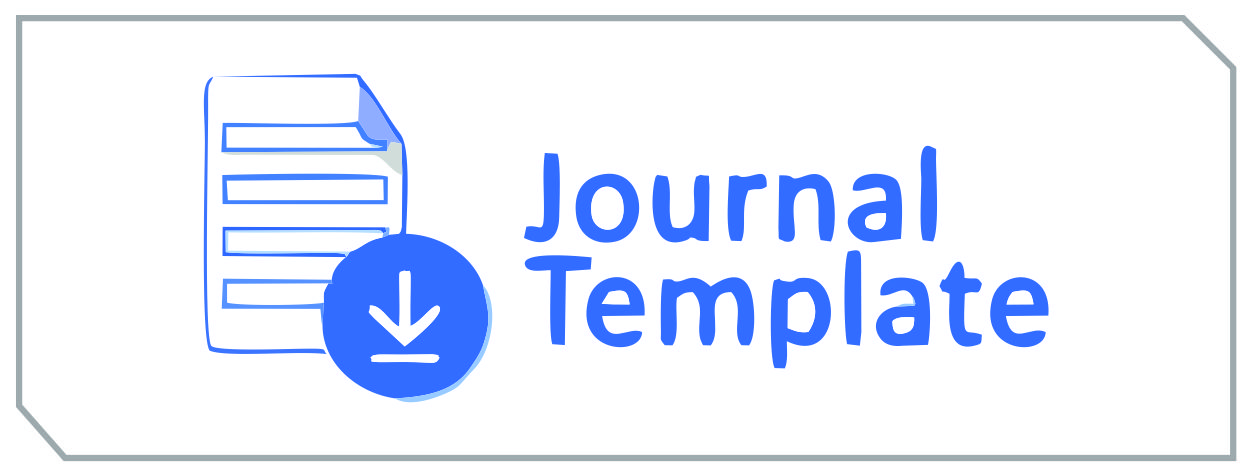EVALUASI PROGRAM KURIKULUM MERDEKA DI KABUPATEN PONOROGO MENGGUNAKAN MODEL CIPP
DOI:
https://doi.org/10.59024/jis.v2i2.768Abstract
The curriculum is the key to the success of learning. Therefore, in order to achieve this success, it is necessary to conduct evaluations to improve and analyze the implementation readiness of the curriculum, to be used as consideration in making decisions. This research examines the implementation of the Merdeka curriculum. This study was conducted to assess and evaluate the implementation of the Merdeka curriculum program in Ponorogo Regency using the CIPP evaluation model (Context, Input, Process, and Product). Data sources were obtained from interviews conducted with the Head of the Elementary School Department in Ponorogo Regency. The interview results were then analyzed using qualitative descriptive analysis. The conclusion drawn from this research is that the implementation of the Merdeka curriculum program in Ponorogo is carried out well, although it is hindered by some obstacles such as internet networks that are not accessible in all areas.
References
Agustin, R. (2024). Evaluasi Kurikulum Merdeka Menggunakan Model Cipp Pada Sekolah Dasar. Cendekia Pendidikan, 3(1), 19–29.
Amalia, R., Anuar, A. Bin, & Fahmi, A. (2023). 9. Merdeka Belajar Kampus Merdeka (MBKM): Efektifitas Pelaksanaan Magang Mahasiswa Bimbingan dan Konseling Dengan Menggunakan Metode CIPP. G-Couns: Jurnal Bimbingan Dan Konseling, 7(02), 239–251.
Antariksa, W. F., Fattah, A., & Utami, M. A. P. (2022). Evaluasi program pendidikan pesantren mahasiswa model CIPP (Context, Input, Process, Product). Evaluasi: Jurnal Manajemen Pendidikan Islam, 6(1), 75–86.
Beatty, A., Berkhout, E., Bima, L., Pradhan, M., & Suryadarma, D. (2021). Schooling Progress, learning reversal: Indonesia’s learning profiles between 2000 and 2014. International Journal of Educational Development, 85(June). https://doi.org/10.1016/j.ijedudev.2021.10
Ekayana, A. A. G., & Ratnaya, I. G. (2022). Evaluasi Kurikulum Program Sarjana Sistem Komputer Menggunakan Model CIPP Stufflebeam. Jurnal Penelitian Dan Pengembangan Pendidikan, 6(3), 366–376.
Fahrian Firdaus Syafi’i. (2021). Merdeka Belajar: sekolah penggerak. November, 46–47.
Faiz, A., & Faridah, F. (2022). Program Guru Penggerak Sebagai Sumber Belajar. Konstruktivisme : Jurnal Pendidikan Dan Pembelajaran, 14(1), 82–88. https://doi.org/10.35457/konstruk.v14i1.1876
Faiz, A., Parhan, M., & Ananda, R. (2022). Paradigma Baru dalam Kurikulum Prototipe. Edukatif : Jurnal Ilmu Pendidikan, 4(1), 1544–1550. https://doi.org/10.31004/edukatif.v4i1.2410
Inniyah, S., & Mulawarman, W. G. (2021). Evaluasi Pelaksanaan Kebijakan Program Sekolah Ramah Anak Pada Smp Negeri 2 Tenggarong Dengan Model Evaluasi Cipp. Jurnal Ilmu Manajemen Dan Pendidikan, 1(2), 39–54.
Kholik, A., Bisri, H., Lathifah, Z. K., Kartakusumah, B., Maufur, M., & Prasetyo, T. (2022). Impelementasi Kurikulum Merdeka Belajar Kampus Merdeka (MBKM) Berdasarkan Persepsi Dosen dan Mahasiswa. Jurnal Basicedu, 6(1), 738–748 doi: https://doi.org/10.51878/social.v1i3.925
Kurniawati, E. W. (2020). Evaluasi Program pendidikan perspektif model cipp (context, input, process, product). GHAITSA: Islamic Education Journal, 1(1), 19–25.
Moleong, L. J., (2011), Metodologi Penelitian Kualitatif.. Bandung: Remaja Rosdakarya
Rahayuningsih, F. (2021) ‘Internalisasi Filosofi Pendidikan Ki Hajar Dewantara Dalam Mewujudkan Profil Pelajar Pancasila’, Social: Jurnal Inovasi Pendidikan IPS, 1(3), pp.177–187.
Syamsiar, H., Muzakki, M., Ratnaya, I. G., & Widiana, I. W. (2023). Evaluasi Kurikulum Merdeka Belajar Berbasis CIPP. Journal of Education and Instruction (JOEAI), 6(2), 536–544.
Wardiyah, J., Budianti, Y., Al Farabi, M., Sirojuddin, A., & Fatikh, M. A. (2023). Merdeka Belajar Activity Unit at Madrasah Aliyah: Program Evaluation Study Using CIPP Method. Nazhruna: Jurnal Pendidikan Islam, 6(1), 119–138.
Downloads
Published
Issue
Section
License
Copyright (c) 2024 JURNAL ILMIAH RESEARCH AND DEVELOPMENT STUDENT

This work is licensed under a Creative Commons Attribution-ShareAlike 4.0 International License.


